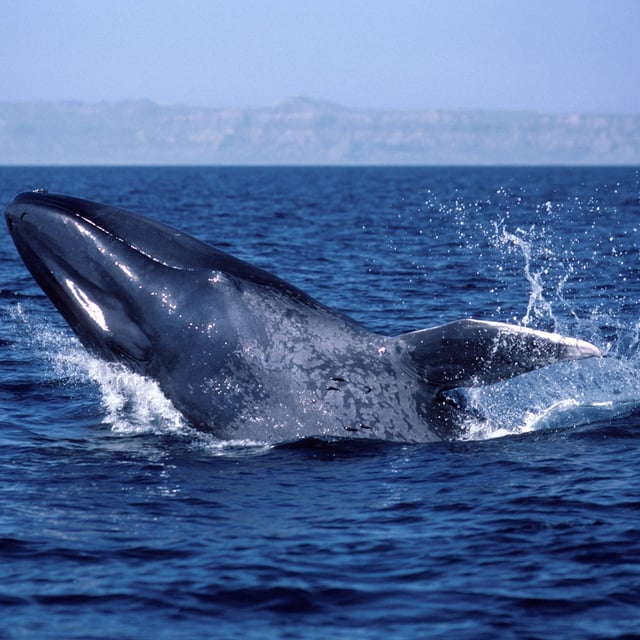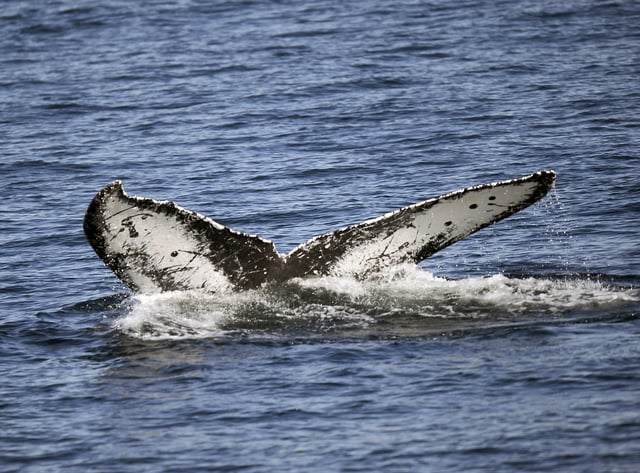Overview
- Seabed hydrophones off California recorded a roughly 40% plunge in blue whale songs from 2015 to 2021, with levels still at six-year lows.
- Similar acoustic drops in the South Pacific, Southern Ocean and Argentine waters reveal that whale silences are now a global phenomenon.
- The 2013 Blob marine heatwave lifted sea temperatures by over 4.5°F across thousands of miles, causing krill and anchovy stocks to collapse.
- Warmer waters fueled toxic algal blooms that delivered the largest recorded marine mammal poisoning, deepening the prey shortage.
- Researchers say that diminished song intensity coincides with fewer mating calls, indicating whales are scaling back breeding under chronic food scarcity.



